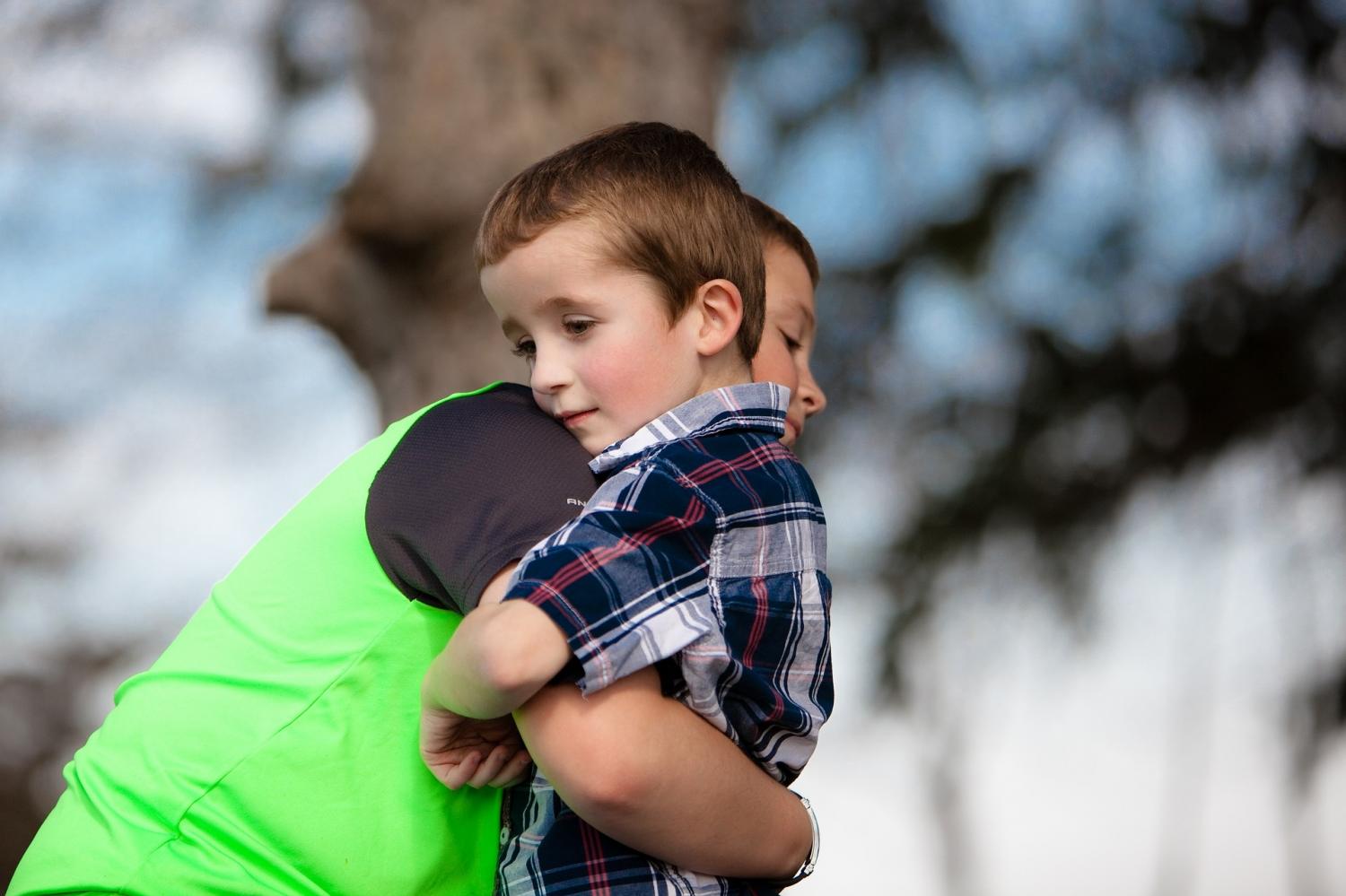
J & J’s Gibberish: Top 10 Survival Skills For Parents of a Special Needs Kid
When I began my journey with Jacob into the world of institutions, wait lists, systems and red tape years ago, I wish someone had sat me down and said, “Ok, you’re in for a ride. It is a long one. It is not like a cold or flu and quick. Buckle up. It is not easy but you will survive.”
And so, I thought I would share a few survival tips for caregivers that I have l learned so far. In no particular order here is my top 10 list…
- Believe in yourself. The system can make you feel small. Don’t let it. Be bold, pushy and be the squeaky wheel. I am shameless about that and always have been. If you don’t stand up for yourself, you can fall through the cracks. Don’t give up. Do what you have to do.
- Persevere but be KIND. I say this to every other parent I talk to. You will get farther with sugar than salt even though you want to scream and yell at the top of your lungs how unfair everything is. Be nice to nurses, to people who answer the phone, doctors, administrators. It will get you farther in the end.
- Trust your gut. If it doesn’t feel right, or you don’t agree with what you hear from the system, then usually there IS something wrong. Trust yourself and follow your gut.
- Put on your oxygen mask first, find a support network. Wherever you can get. And don’t be surprised if sometimes that comes from a stranger, or a comment from someone you don’t know. Accept it and let it bolster you. You need all the help you can get. And rely on anyone you can. (To my surprise, especially after all the stuff you read and experience with bullying (which Jacob has in spades) some teenagers can be the most accepting of eccentric behaviour. Jacob will write about that next week…)
- Don’t despair. Challenges that seem unsurmountable at one stage will be dealt with and new ones will pop up. Jacob couldn’t walk outside four years ago for fear of being contaminated by the ground or other people’s footprints, real or imagined. He couldn’t touch water, brush his teeth or even eat. He spat 400 times a day (seriously) to get rid of bad thoughts. Some of those symptoms have abated but now we have to worry about darker thoughts or what he might do when he has emotional tsunamis. But don’t despair! That is the nature of Obsessive-Compulsive Disorder. It evolves.
(Stay tuned here in coming blog posts for interviews with scientists and professionals on what happens in the brains of people suffering from mental illnesses. It is all quite fascinating actually.)
- Don’t be afraid to ask questions. KEEP A LOG. Seriously. It is added work but it pays off. As you navigate the system, you will need it and it will save time from telling your story over and over again.
- Don’t be intimidated by the system. This is your child and you are his/her best and potentially only advocate until you get your medical team in place.
- Cry. Crying is good. Let’s face it. You are going through challenges and obstacles that nobody can probably fathom and you will feel alone, abandoned and hopeless and helpless. And that can be overwhelming. Crying is a great release.
- Never give up hope. It makes life interesting and makes you a better parent and helps you get to know your kids in a way that many parents don’t. Take advantage it. You will grow, your child will grow.
- As usual, I say laugh. A lot. Just last night, Jacob ran around the house naked wearing only a WWII Russian infantry cap dancing and singing along with the Russian Red Army Choir to Kalinka KALINKA Kalinka on Youtube. Can’t make this stuff up. So laugh. Or have a glass of really good wine like a friend recommended. Or do both.
Until next week.










